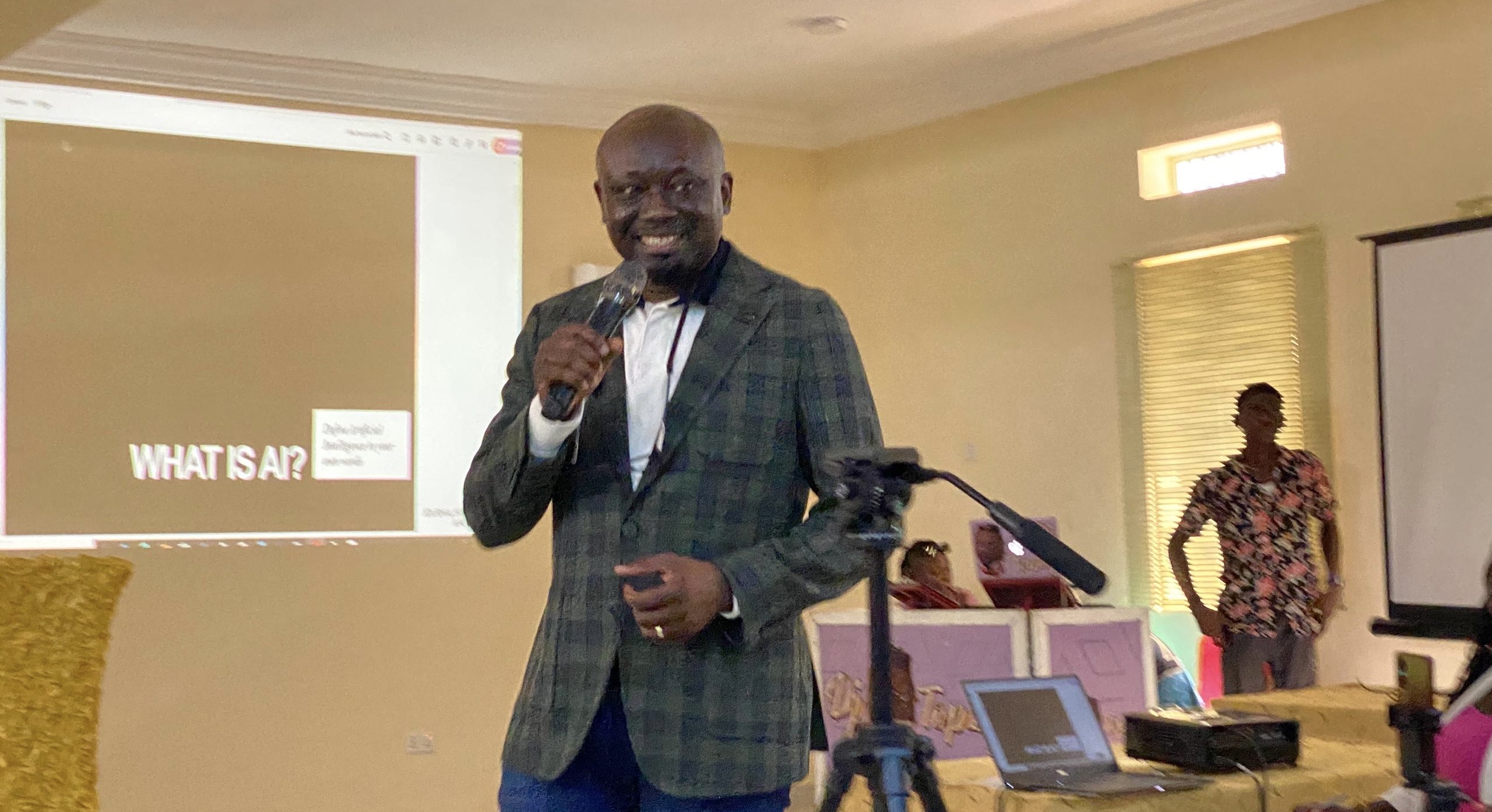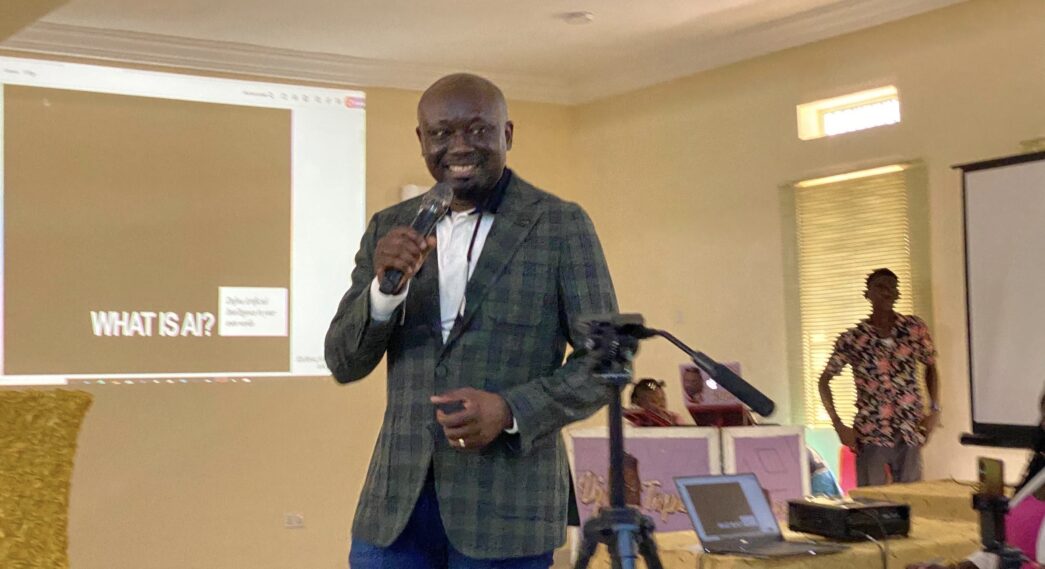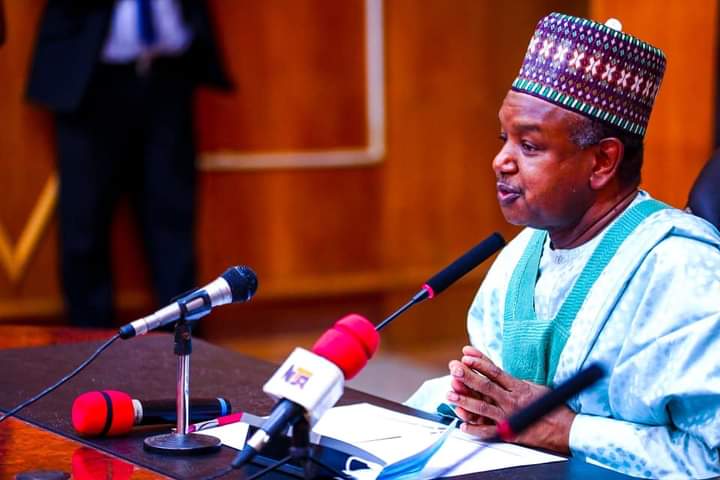Simon Kolawole
Simon Kolawole, founder of TheCable and columnist at THISDAY, says artificial intelligence (AI) is no longer a futuristic concept but a system already shaping journalism and daily life.
Speaking at a professional forum organised by the Nigerian Institute of Journalism (NIJ) in Lagos on Wednesday, Kolawole advised media professionals to adapt to AI advancements rather than resist them.
The media entrepreneur warned that those who fail to evolve risk being left behind.
He explained that AI systems process information, learn patterns, and make decisions with minimal human intervention, identifying four key types of AI and their applications.
Advertisement
Kolawole described reactive machines as the simplest form of AI, citing Netflix’s recommendation engine as an example.
He said limited memory AI includes chatbots like ChatGPT, Alexa, and Google Assistant, which respond to queries based on recent data, but lack long-term memory.
“Many people do not realise they interact with AI daily. If you use predictive text on your phone, you’re using AI. When you watch movies on Netflix, and the platform recommends similar shows, that is AI at work,” Kolawole said.
Advertisement
He added that theory of mind AI will eventually understand human emotions and could one day exhibit consciousness and interact with humans on a deeper level.
“Theory of mind AI, which is still in development, will be capable of understanding human emotions. It will recognise when you are sad or happy and make recommendations accordingly,” Kolawole said.
“Self-aware AI is a future development. This type of AI will have emotions and interact with humans on a deeper level, engaging in conversations as though it has consciousness.”
AI IN NEWSROOMS
Advertisement
Kolawole highlighted the growing role of AI in newsrooms, from automated news writing to AI-driven chatbots and personalised news feeds.
“The rise of generative AI, such as ChatGPT, has sparked debates about the future of journalism. Some fear AI will replace human journalists. Others believe AI is just a tool that can enhance our work,” he said.
“Many news websites now use AI-powered chatbots to engage readers and answer queries. AI also helps in automated news writing. For instance, financial reports, sports summaries, and weather updates are now generated by AI with minimal human input.
“In the past, journalists spent hours in libraries looking for information. Today, a simple Google search can retrieve decades of archived stories in minutes. AI is making research faster and more efficient.”
Advertisement
He noted that AI-driven personalised news feeds improve engagement, but raised ethical concerns.
“AI algorithms determine what stories you see based on your interests,” he said.
Advertisement
“While this improves engagement, it also creates filter bubbles—where people are only exposed to information that reinforces their existing beliefs.”
“AI systems are trained on existing data, which means they can inherit biases. If the data is flawed, the AI’s decisions will also be biased.”
Advertisement
Job displacement, Kolawole warned, is another concern as AI takes over routine tasks in journalism.
He, however, noted that journalists remain irreplaceable in their ability to think critically and hold power to account.
Advertisement
He also cautioned that AI-generated content can be manipulated to spread misinformation, making fact-checking more cumbersome than ever.
“AI-generated content can be used to spread fake news, making it harder to distinguish truth from fiction,” he added.
AFRICA’S URGENT NEED FOR AI INTEGRATION IN JOURNALISM
Kolawole noted that Africa must take proactive steps in AI adoption, rather than playing catch-up.
He encouraged journalists to use AI for research, fact-checking, data analysis, and automation, but emphasised that human intelligence is essential for ensuring that AI serves the mission of truth.
“The Western world is leading AI development, and Africa cannot afford to be left behind,” he added.
“AI will not wait for us to catch up. We must educate ourselves and integrate AI into journalism in a way that enhances our work rather than threatens it.
“AI can assist with research, fact-checking, data analysis, and automation, but human intelligence—our ability to think critically, ask tough questions, and hold power accountable—remains irreplaceable.
“Journalism is about truth, and it is our responsibility to ensure that AI serves that mission.”
The event was attended by Patricia Kalesanwo, the NIJ registrar; Gbenga Adefaye, the provost; Adeboye Ola, the deputy provost; and Dele Omojuyigbe, a former deputy provost.
Add a comment










